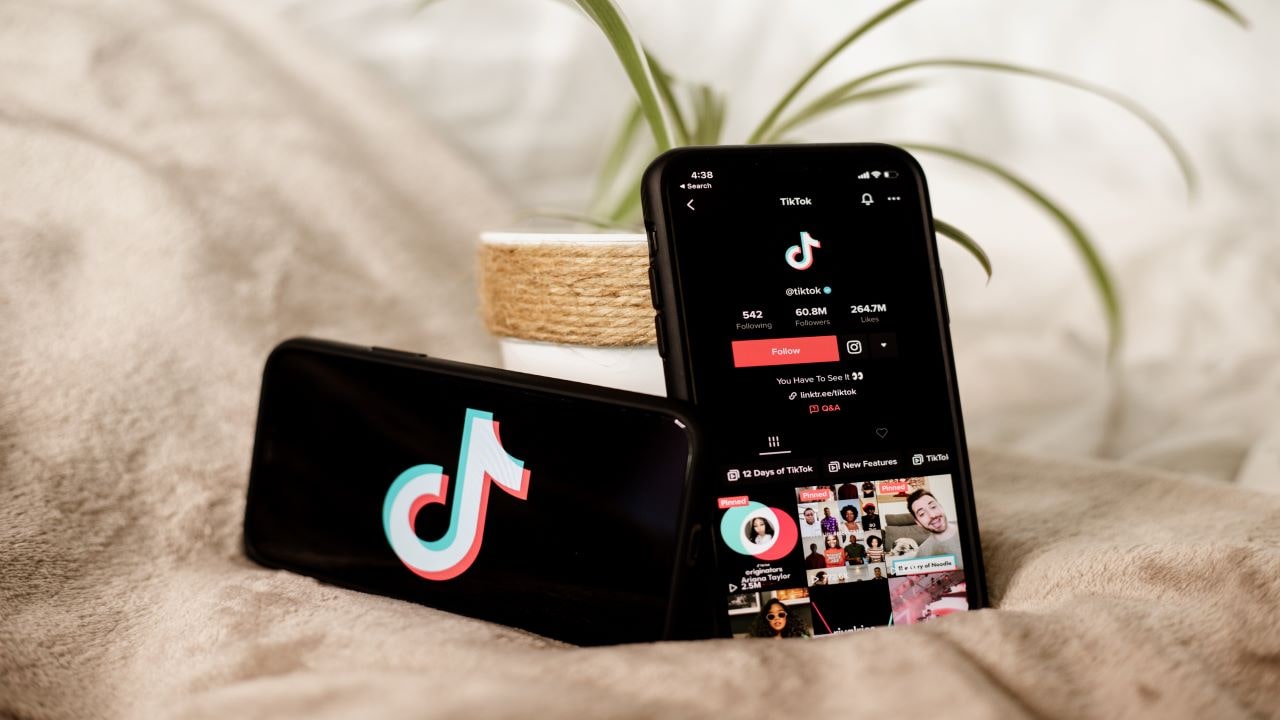When TikTok was banned in India on June 29, 2020, it left close to 200 million users orphaned. In four years, the 15-second video platform owned by the Chinese technology company, ByteDance, had changed the way Bharat made and consumed content. With the accessibility of 15 regional languages on the app, there was a TikToker born out of narrow alleyways, ghats, river banks, and forests of the country. From Jhumri Telaiya to Tirunelveli, TikTok gave a confidence booster to users across ages, regions, classes and genders. Though for many urban Indian internet inhabitants TikTok’s videos were “cringe-inducing”, it gave wings to millions to fly and breathe the air of success and fame.
After two years of TikTok ban and several other apps and formats such as Instagram’s Reels, YouTube’s Shorts, Josh, and Moj, among a few others, getting popular, the space may seem cluttered. However, it looks like TikTok believes it can still find its ground here again.
According to a report in The Economic Times, Bytedance, the parent company of TikTok, is looking to strike a new partnership in India and hire former and new employees as it seeks to re-enter one of the world’s largest internet markets.
Digital experts that Storyboard18 spoke to think this could change the content game, again, in India.
The first-mover advantage
According to a report by management consulting firm Bain & Company, three in four Internet users – or 600 to 650 million Indians – will consume short-form videos by 2025, with active users spending up to 55 to 60 minutes per day. More than 200 million Indians watched short-form videos at least once in 2020, with daily active users spending up to 45 minutes a day on these platforms.
Since TikTok was one of the first movers in the short-format content market, it has an advantage, as people are familiar with its interface, says Aarushi Sethi, business head, Pollen, the influencer marketing agency of Zoo Media. She believes this might encourage original TikTokers who were on the platform to revive their profiles. Interestingly, millions of creators are still called ‘TikTokers’ even though they have migrated to other platforms.
Multiple media reports indicate that home-grown apps managed to absorb 97% of TikTok creators. Sethi says a lot of them might go back on the platform that gave them fame and, in some cases, money.
Omkar Joshi, founder and chief creative officer of the digital-first consulting shop, hybrid>, agrees with Sethi. However, he thinks creators will play smart and not make the mistake of putting all their eggs in one basket. He further states, “TikTok made it possible for so many Indians to escape an elitist gaze. And because the base was so broad and varied, it was free of any of the biases that are seen in everyday society. None of the alternatives today have been able to successfully achieve this at the scale that TikTok did.”
However, brands will be cautious to make a move, say experts.
Building Trust
The biggest challenge for TikTok, if it makes a comeback, is winning the trust of users, creators, and brands, says Rohit Raj, co-founder & chief creative officer, The Glitch. He explains, “We have heard stories of people who quit their jobs to become content creators. When TikTok was banned, people who built their content on the platform lost whatever they created overnight. Now, what is it for them to say that history would not repeat again? So, the trust factor would be a definite question mark.” He also observes that much like the pressure that Chinese brands have been taking on in India for a while, TikTok too will face the heat.
The advantage TikTok has, in the markets it still operates such as the US, UK, and Brazil, among others, is its algorithm of virality. Other global social platforms that have short formats don’t come close to that, says Raj. According to him, “Reels made a mall, and TikTok made a DMart”, a comparison that sums up the diversity of users and creators on these platforms.
Time for brands to think like creators
Brands stayed away from TikTok for the longest time. Mainly because it was too ‘massy’. “They came on the platform because they realised that the audience they were targeting spent a lot of time on the platform. Brands will go where people are spending time. If TikTok regains popularity, they would go. But, as of now, I don’t see brands going straight up and jumping onto the platform,” opines Raj.
In 2019, when TikTok’s popularity was at its height, brands like Myntra, Zara, ShopClues, and Snapdeal; entertainment companies and OTT platforms, Dharma Productions, Hungama Music, and Viu; and personal care brand Clean & Clear, among others, engaged on the platform. Some large legacy brands also experimented on TikTok, Pepsi was one of them that generated billions of views for its then #SwagStepChallenge.
“If a brand wants to be on TikTok again, they have to don the hat of a creator and not of an advertiser. Otherwise, it is like buying ad space,” says Raj candidly. hybrid>’s Joshi also says that brands will flock to TikTok if users will. “They (marketers) are just going to wait and watch (as usual) and the moment something becomes a thing, they’ll splurge money (sometimes thoughtfully too),” he adds.
On the other hand, Pollen’s Sethi says, TikTok gave advertisers a sneak peek into what Bharat was consuming.
With regional influencers coming to the forefront, the possible re-launch of TikTok will give them access to a newer platform and may bring back the loyalists. The other thing she says is even though TikTok is still operational internationally, however, for a comeback in India, local innovation, user retention, and stickiness, will be critical. Of course, providing assurance to creators and other stakeholders that they will be adhering to Indian data privacy laws and guidelines, will be important too, she says before signing off.
